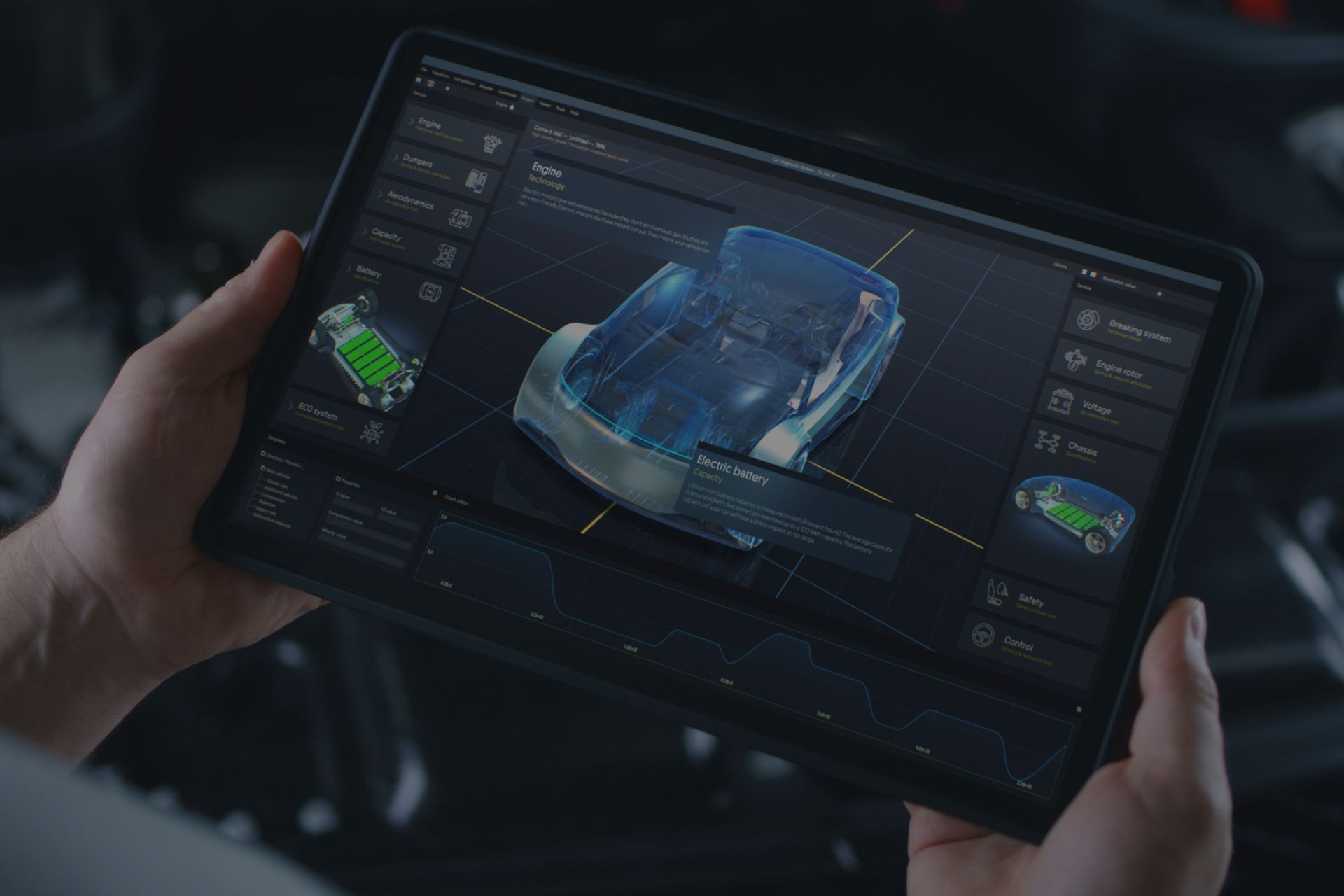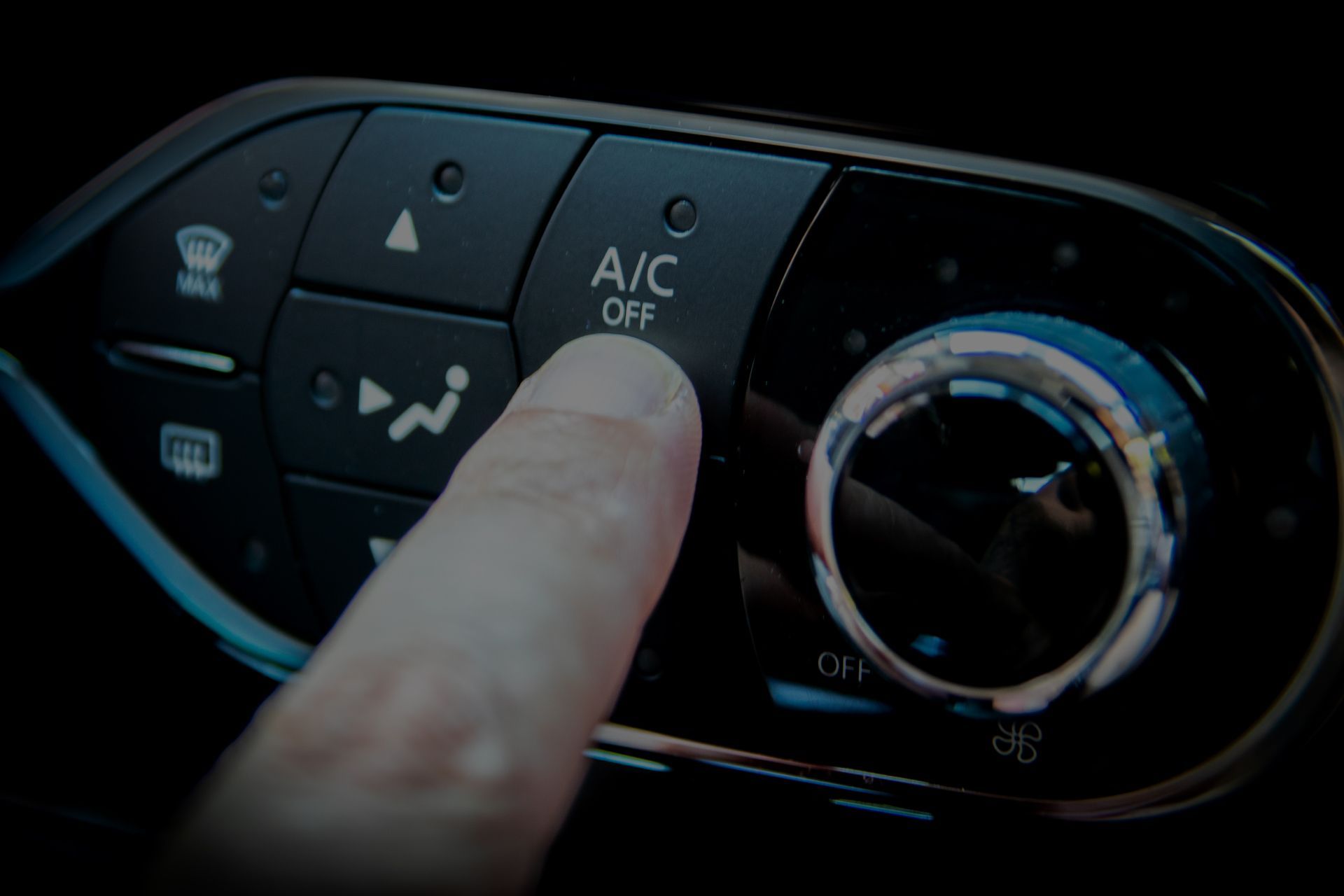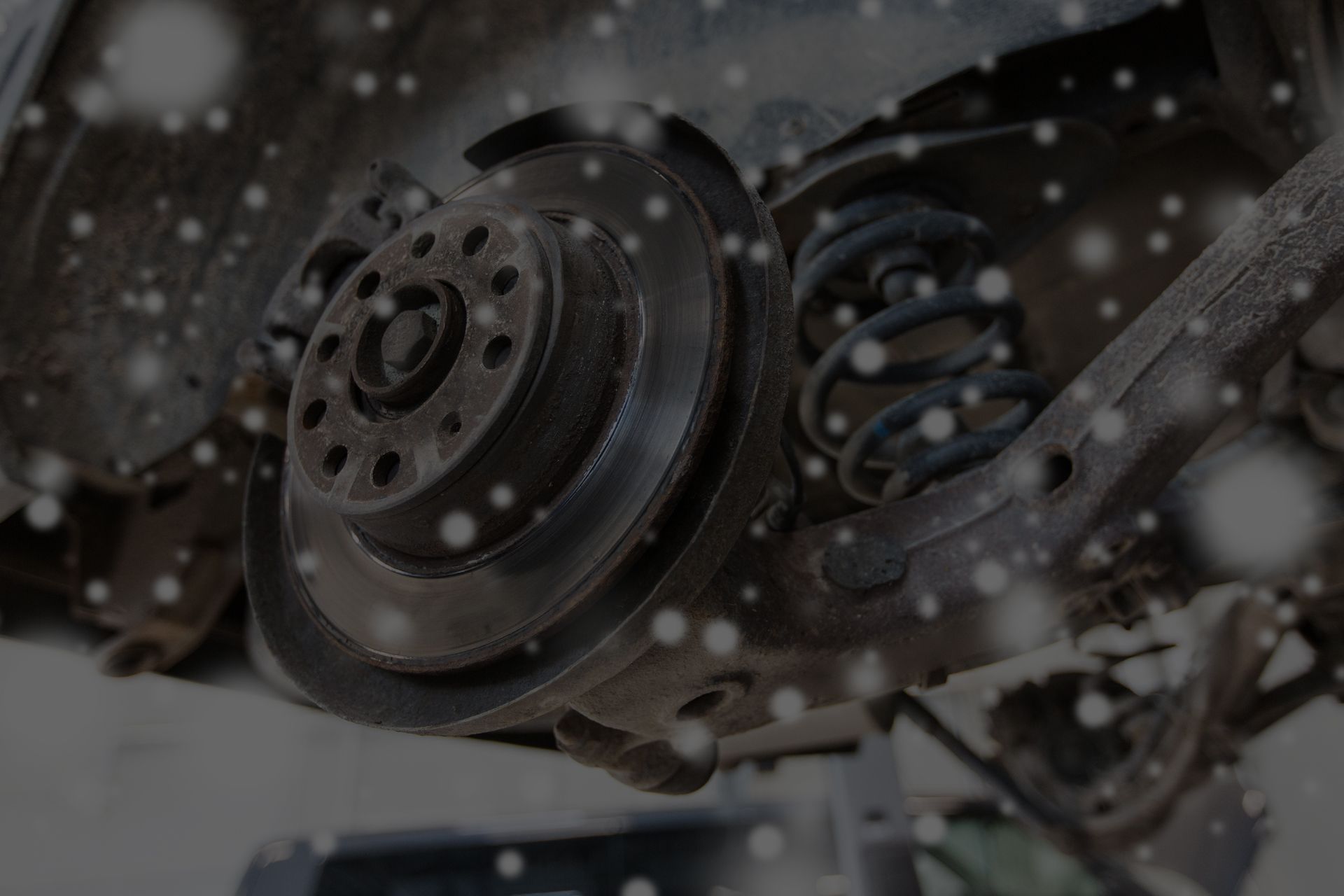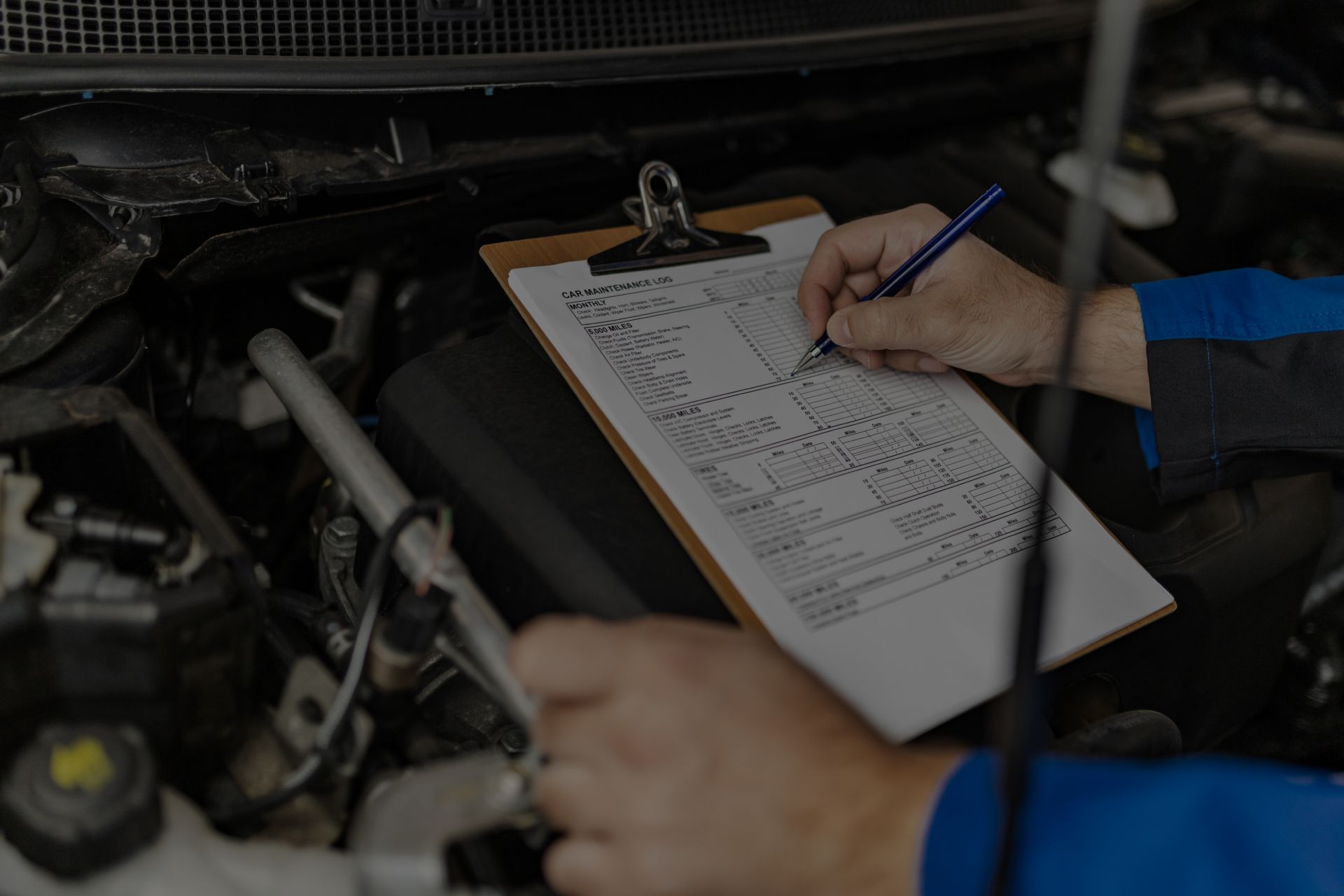If you've driven a newer vehicle, you've likely experienced that moment when your dashboard suddenly displays an "Oil Change Due" message. But have you ever wondered how your car seems to magically know when it's time for fresh oil? For Denver drivers navigating our unique climate conditions, understanding your vehicle's oil monitoring system can help you maintain optimal performance and extend your engine's life.
The Evolution of Oil Change Indicators
Gone are the days when every vehicle simply needed an oil change every 3,000 miles. Modern vehicles use sophisticated systems to determine when your oil actually needs changing, often extending intervals to 5,000, 7,500, or even 10,000 miles depending on your driving conditions and habits.
Two Main Types of Oil Monitoring Systems
Most vehicles on Denver roads today use one of two systems to track when you need an oil change:
1. Algorithm-Based Systems
The most common oil monitoring systems don't actually test your oil at all. Instead, they use an algorithm that tracks:
- Engine revolutions
- Operating temperatures
- Driving time
- Cold starts (which we have plenty of during Colorado winters)
- Engine load
- Mileage
The car's computer uses these factors to calculate oil life percentage. When the oil life reaches a predetermined threshold (usually 15% or less), the system triggers the maintenance light.
In Denver's variable climate, these systems are particularly valuable. They'll call for more frequent changes if you're making lots of short trips in freezing temperatures (which puts more stress on your oil) and allow longer intervals during ideal conditions.
2. Direct Measurement Systems
Some higher-end vehicles, particularly European models like the BMW, Mercedes-Benz, and Audi vehicles we service at Importsports, use more advanced systems that directly measure oil quality:
- Oil condition sensors measure the oil's electrical conductivity, which changes as the oil degrades
- These sensors can detect contaminants, breakdown, and moisture
- Some can even measure oil level and temperature
These sophisticated systems provide the most accurate readings of when your oil truly needs changing.
Why Climate Matters for Oil Change Intervals
Denver's unique climate presents specific challenges for engine oil:
- Extreme temperature fluctuations : Our temperature swings can stress oil as it needs to perform in both freezing and hot conditions, sometimes within the same day
- High altitude effects : Denver's mile-high elevation means thinner air, which can affect combustion and oil contamination rates
- Mountain driving : Frequent trips to the mountains put additional strain on engines and oil
- Dusty conditions : Denver's semi-arid climate means more dust particles that can contaminate oil faster
Can You Trust Your Oil Change Indicator?
While these monitoring systems are generally reliable, they're not infallible. Here are some guidelines for Denver drivers:
- Trust, but verify : Occasionally check your oil level and condition using the dipstick
- Consider your driving habits : Frequent short trips, stop-and-go traffic, or towing may require more frequent changes regardless of what your indicator says
- Follow severe service schedules : If you frequently drive in dusty conditions or extreme temperatures (both common in Colorado), you might need more frequent service
- Never ignore the light : When the system does indicate an oil change is needed, don't delay service
What Your Car's System Doesn't Know
Even the most advanced oil monitoring systems have limitations. They can't detect:
- External contamination (like coolant or fuel leaks into the oil)
- Mechanical problems that might be affecting oil quality
- The actual physical condition of the oil additives
- Whether you've used the correct oil grade (particularly important for Denver's temperature ranges)
When to Override Your System
In some cases, Denver drivers might need to change oil earlier than their monitoring system suggests:
- Before long road trips, especially into remote mountain areas
- When preparing for winter if your vehicle will sit unused for extended periods
- After periods of extreme use (like towing or mountain driving)
- If you notice unusual engine noise or performance
Resetting Your Oil Life Monitor
After an oil change, your system will need to be reset. While this is something we handle for you at Importsports, the process typically involves:
- Turning the ignition to the "on" position without starting the engine
- Pressing the gas pedal slowly three times within ten seconds
- Alternatively, using dashboard menu controls to find the reset option
The exact procedure varies by make and model, so consult your owner's manual or ask one of our technicians.
Expert Oil Service for Denver Drivers
At Importsports Auto Repair Pros & Performance, we understand the importance of proper oil maintenance for vehicles in Denver's unique climate. Our ASE Certified technicians are experts at servicing all makes and models, including specialized European, Japanese, and American vehicles.
When you bring your vehicle to our shop at 7667 E Iliff Ave Ste I in Denver, we don't just change your oil—we perform a comprehensive service that includes:
- Using the correct oil grade for Denver's temperature ranges and your specific vehicle
- Properly resetting your oil monitoring system
- Inspecting for leaks and other potential issues
- Providing a thorough vehicle inspection
Don't wait until your oil change indicator light comes on if you're experiencing unusual engine performance. Contact us today at (303) 752-2422
or book an appointment online to ensure your vehicle's engine is properly protected with quality oil service backed by our 36-Month/36k-Mile warranty.
Your engine is the heart of your vehicle—let Denver's trusted auto care experts help you keep it running smoothly through all of Colorado's seasons and driving conditions.






